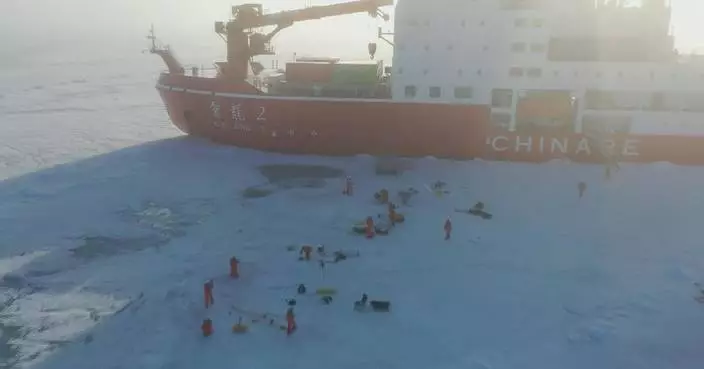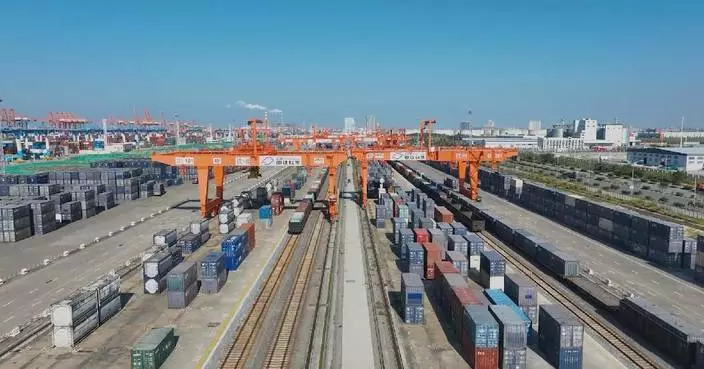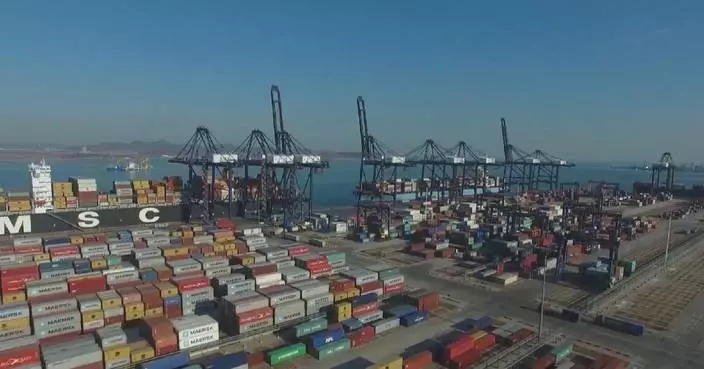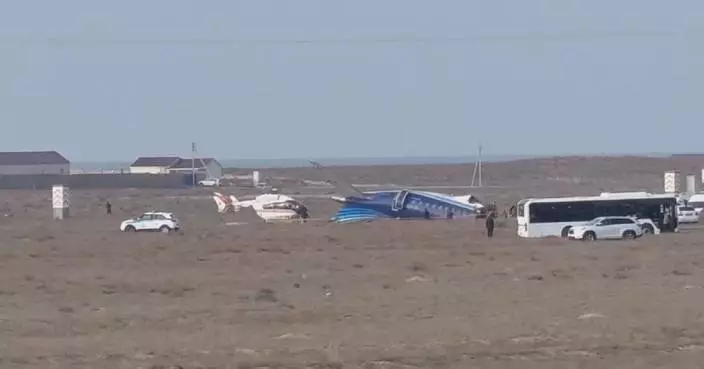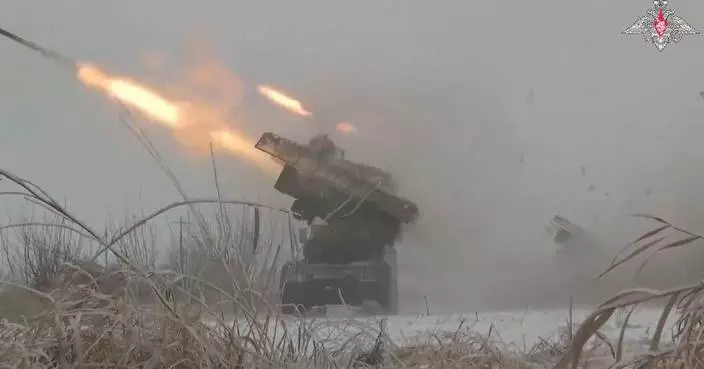In the past decade, China and Sri Lanka have strengthened cooperation in marine disaster prevention and mitigation, along with collaboration in areas of climate change and ecological conservation.
Since the China-Sri Lanka Joint Center for Research and Education was set up in 2015, group after group of young Chinese researchers have come to Sri Lanka for research projects and cultivation of local talents.
In two ship fire accidents involving oil tanker New Diamond in September 2020 and cargo ship X-Press Pearl in May 2021, Yao Jinglong, a research fellow at the center, and his Chinese colleagues, swiftly provided weather and environmental forecasts concerning the affected areas to the Sri Lankan government. They also predicted orientations of surface water flows and evaluated how pollutants might spread, helping the Sri Lankan authorities adjust their accident responses.
"Because this platform of our joint center supports a wide range of disciplines, ranging from climate change, ocean environments to biological ecology, my colleagues and I could promptly provide ocean environmental monitoring and forecasting data to help relevant departments of Sri Lanka with firefighting and pollution control, hence avoiding more serious marine pollution," said Yao.
"When the X-Press Pearl and even the New Diamond ship disasters happened, we got lots of support from China, we got lots of data from them and lots of simulation models from them. And that helped a lot for us to determine the extent of the impact and extent of the damage. Chinese and Sri Lankan scientists work together and we find new research and new data. So we are filling all the data gaps in the Indian Ocean region and even in the science region," said Kumara, director of International Affairs Center at University of Ruhuna.
Dubbed as "the pearl of the Indian Ocean," this island country in South Asia boasts captivating landscapes and rich biodiversity. But frequent natural disasters in Sri Lanka highlight the pressing need for advanced scientific monitoring and early warning systems.
The China-Sri Lanka Joint Center for Research and Education has also trained a large number of researchers for Sri Lanka through various projects to tackle natural disasters.
"I have been to China two times for the training program on coastal resource management. Sri Lanka is an island nation. Our experience and lessons we learned are much more important," said a research fellow at the National Aquatic Resources Research and Development Agency.
"They are very positive. They help us and they are very knowledgeable. They also have the latest equipment. They do top-quality research, and they are very helpful and friendly and easy to work with," said a senior lecturer at the Department of Geography, University of Peradeniya.

China, Sri Lanka cooperate on marine disaster prevention, mitigation



